I would like to express my sincere thanks to the many special people who made the telling of this story possible. This story touched me, as a writer and as an animal lover, because of the caring and love that I continually encountered while interviewing the people who had been affected by Brigadiers short life. The connection between human and non-human life is so important, and I have rarely seen it in play as eloquently as it was here.
Thank you so much to Anne de Haas for first putting me on the path of the right person to get started, and for your beautiful photographs and the memories you shared with me. Your contributions to this book are immense and so appreciated. Gayle Ecker (University of Guelph), David Carson, and Vicki Montgomery, thanks to each of you for sharing and adding your voices to this story. Graham Acott, Kevin Bradfield, Ronald Gilbert, and Tim Crone each of you were touched by this great horse, and each of you deeply moved me with your memories. Thank you so much. Ted Gallipeau I never had the chance to speak with you in person, but the stories told to me about your time with Brigadier had me feeling as though I knew you well. Thank you for being a part of this. Finally, a special thanks to Staff Inspector William (Bill) Wardle, who supplied an endless amount of difficult information, CDs, books, contacts, and his own heart toward the creation of Brigs story. I am very grateful to you.
Thank you to all members of the Mounted and Police Dog Services who work daily with these special animals and understand, more than most, the horse/human bond I attempt to portray in all of my books.
 here are times in this life when such tragic, senseless things happen that its hard for us to fathom them. As humans, we are capable of goodness and nobility, and also cruelty and pain. This is our nature.
here are times in this life when such tragic, senseless things happen that its hard for us to fathom them. As humans, we are capable of goodness and nobility, and also cruelty and pain. This is our nature.
Sometimes, however, when we look under the surface of an event, we see much more than the tragedy. We see love and hope and a cause for change, and things start to make sense again.
Such is the story of Brigadier at least, that is how the story affected me. When I first heard of him, I was struck by the sadness and sheer horror of the event that he had been involved in. As an animal lover, I experienced the anger and helplessness, followed by the feeling of outrage that comes when a senseless act of harm is committed against an innocent creature.
As I looked deeper, though, I found that the shocking act that brought Brigadier to the attention of the world was not at all what this horse was about. Brigadiers story is not one of tragedy and loss. It is a story of a life well lived, and of special relationships, in which a four-legged hero is no less than his two-legged partner. It is a story of courage, gentleness, humor, growth, and, of course, great love.
This is Brigadiers story.
 ce crystals glittered in the crisp, January air as Graham Acott guided the truck and trailer off the main road and onto the long, narrow driveway leading to David Carsons farm. Despite the frigid weather, the drive to Listowel had been a pleasant break from the city hustle and bustle of Toronto, Ontario. The scenery had become steadily more peaceful as hed traveled west for the past ninety minutes. It had changed from the busy streets of downtown Toronto, to the sprawling suburb areas, to acreages, and finally to rolling farmland. Snow covered the land like a sparkling blanket and Graham felt the tension leaving his shoulders as the miles slipped by and he headed into horse country.
ce crystals glittered in the crisp, January air as Graham Acott guided the truck and trailer off the main road and onto the long, narrow driveway leading to David Carsons farm. Despite the frigid weather, the drive to Listowel had been a pleasant break from the city hustle and bustle of Toronto, Ontario. The scenery had become steadily more peaceful as hed traveled west for the past ninety minutes. It had changed from the busy streets of downtown Toronto, to the sprawling suburb areas, to acreages, and finally to rolling farmland. Snow covered the land like a sparkling blanket and Graham felt the tension leaving his shoulders as the miles slipped by and he headed into horse country.
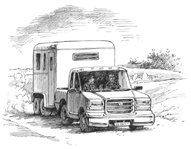
Do you still think were takin the right horse back, Sarge? I liked that bay better.
Graham glanced at the officer sitting beside him and smiled. Im sure, he said in his usual laconic style. And he was sure.
After twenty-two years of riding, training, and assessing horses for the Mounted Unit of the Toronto Police Department, Graham Acott knew exactly what he was looking for, and he felt absolutely certain that he had found it in the horse they were going to pick up now.
Graham and his younger partner had been to David Carsons farm a few weeks earlier, looking for a possible remount (a young horse to replace an aging one), to add to their stable of twenty-seven other horses. David had been supplying animals to the Mounted Unit for many years, and knew just the type of horse they liked. He had presented three geldings for consideration, all very worthy young horses, but only one had stood out for Graham.
The horses had to be a certain type big and sturdy with quiet temperaments, but with enough fire to withstand rigorous training and long work days. They needed to be over sixteen hands high, between three to five years old, and black, bay, or chestnut in color. Draft crosses, known as grade horses, were preferable, as it added size and bone and a steady mind to the mounts, and these were Davids specialty.
David Carson was a farmer with a hand in many pots. He had several large sections of farmland some for cattle, and some for the hundred or more head of horses he owned, bred, trained, leased, sold, and even raced. The main farm, where Graham and his partner were now, included a large stable and indoor training arena, an indoor, two-ring auction service for animals and machinery, as well as a tack shop. The buildings and surrounding area were impressively tidy and well kept. The whole place rang of professionalism.
One of the many special services David offered was a supply of nurse mares, or mares with milk available to nurse orphaned foals. Sometimes inexperienced mares will reject their newborns, or they may be too ill to raise their foal. Some even die. Davids gentle draft mares were perfect for the job of foster dam, and his fee for this service often included having the nurse mare bred back to a lighter breed of stallion if there was one available on the farm where she was on loan.
Five years earlier, one of his gentlest Belgian mares had fostered a foal on a nearby thoroughbred farm where a lanky fine-boned, fiery stallion stood at stud. The mare had been bred to this stallion before returning to Davids farm, and the following spring, a colt had been born. He was a golden chestnut with four white stockings and a long, jagged blaze running the full length of his broad face.
This was the colt Graham had come to pick up on that chilly January afternoon. There was something special about this big gelding; a certain kindness in his dark eyes and a gentle expression that made Graham choose him over the more spectacular-looking bay colt his partner had fancied. From what David told him, the colt had been sweet-natured from the start.


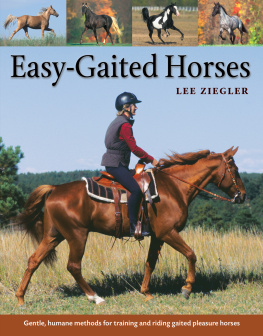

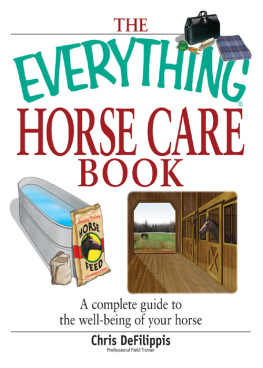
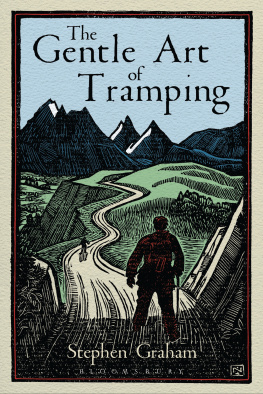
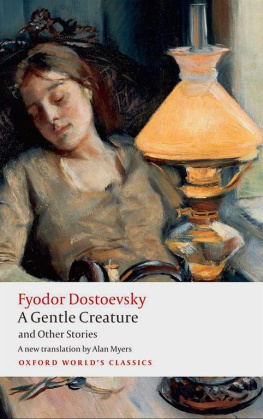
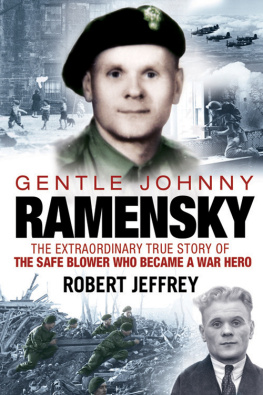
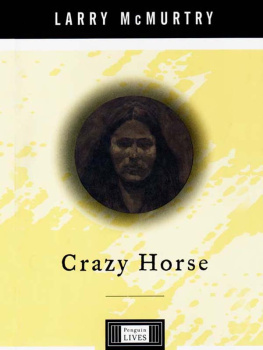
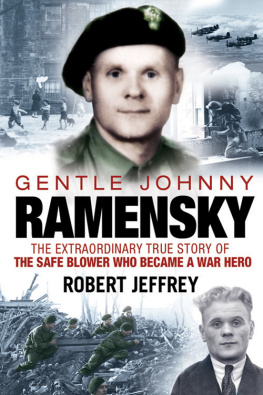
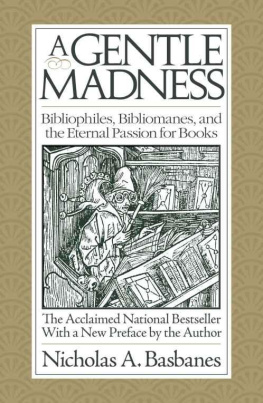
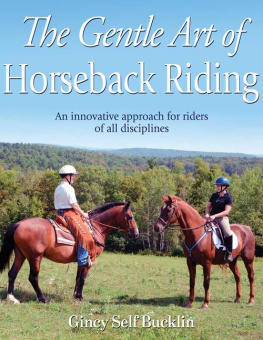
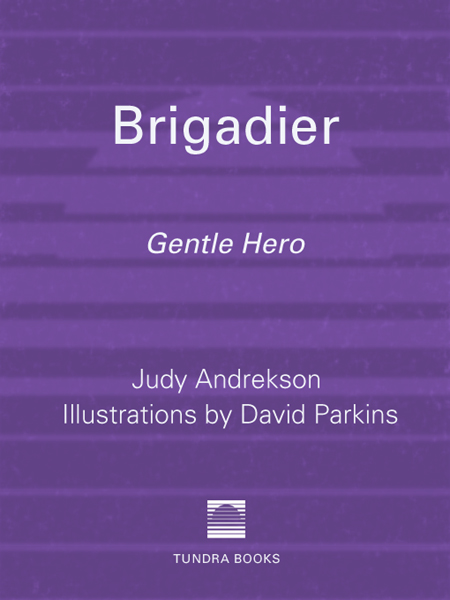
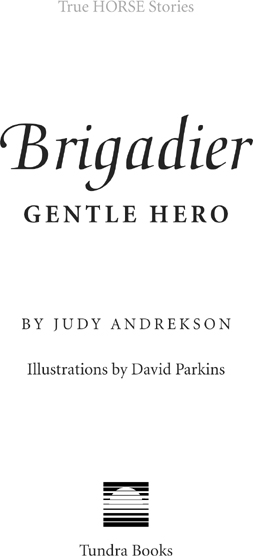
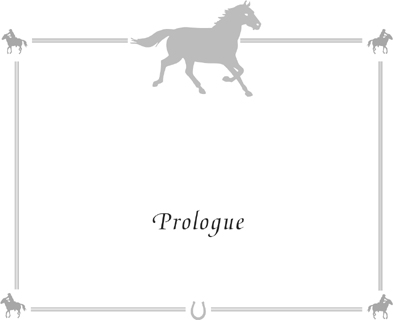
 here are times in this life when such tragic, senseless things happen that its hard for us to fathom them. As humans, we are capable of goodness and nobility, and also cruelty and pain. This is our nature.
here are times in this life when such tragic, senseless things happen that its hard for us to fathom them. As humans, we are capable of goodness and nobility, and also cruelty and pain. This is our nature.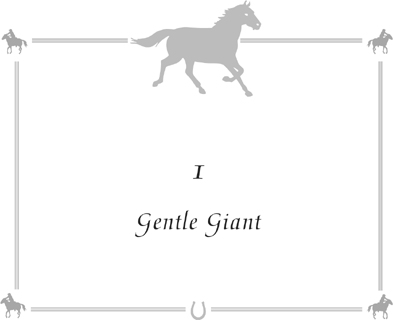
 ce crystals glittered in the crisp, January air as Graham Acott guided the truck and trailer off the main road and onto the long, narrow driveway leading to David Carsons farm. Despite the frigid weather, the drive to Listowel had been a pleasant break from the city hustle and bustle of Toronto, Ontario. The scenery had become steadily more peaceful as hed traveled west for the past ninety minutes. It had changed from the busy streets of downtown Toronto, to the sprawling suburb areas, to acreages, and finally to rolling farmland. Snow covered the land like a sparkling blanket and Graham felt the tension leaving his shoulders as the miles slipped by and he headed into horse country.
ce crystals glittered in the crisp, January air as Graham Acott guided the truck and trailer off the main road and onto the long, narrow driveway leading to David Carsons farm. Despite the frigid weather, the drive to Listowel had been a pleasant break from the city hustle and bustle of Toronto, Ontario. The scenery had become steadily more peaceful as hed traveled west for the past ninety minutes. It had changed from the busy streets of downtown Toronto, to the sprawling suburb areas, to acreages, and finally to rolling farmland. Snow covered the land like a sparkling blanket and Graham felt the tension leaving his shoulders as the miles slipped by and he headed into horse country.